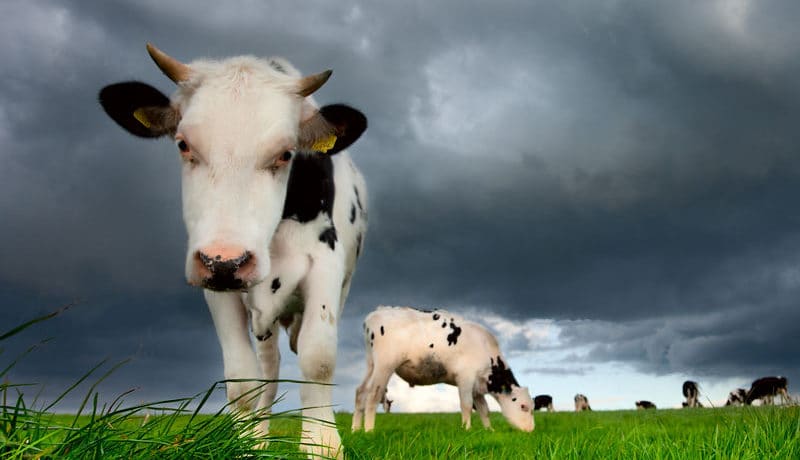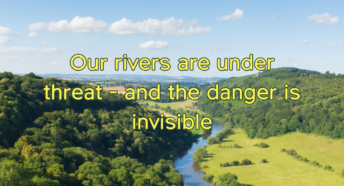Next threat to the River Wye: Is intensive dairy farming on the horizon?
Potential movement of intensive dairy farming practices to the UK could bring devastating consequences to Herefordshire’s countryside and River Wye.
The EU has approved a plan for the Dutch Government to buy out dairy farmers’ businesses in order to reduce nitrogen pollution. The Netherlands has the highest surplus of nitrogen in the soil among European countries and agriculture is the major contributor to this pollution. Under the scheme farmers in certain areas can voluntarily stop production and receive compensation for the loss in value of their assets and the costs of cutting their production capacity. They must also commit not to re-establish the same activity elsewhere in the EU.
The plan has faced resistance and some fear that compulsory buy-outs may become necessary. However, according to an article by Savills (available here) others see it as an opportunity, with some farmers considering the possibility of using the scheme to re-establish their dairy farm in the UK. To understand the potential implications, it is important to compare the Netherlands and the UK in terms of farmland values and the agricultural business environment.
The Netherlands has some of the highest agricultural land values in Europe. Farmland suitable for dairy farming has an average value of €62,800 per hectare. In contrast, farmland values in England are generally much lower.
The UK has approximately 1.85 million dairy cows across 7,500 producers, while the Netherlands has 1.57 million cows but with 14,700 producers. The key difference is livestock density as the UK is over five times the size of the Netherlands (which has the highest livestock density in the EU).
Furthermore, the UK has seen a decline in the number of dairy farmers in recent years, with around 300 leaving the industry annually. This, combined with the facts stated above and that the UK is one of the least restrictive countries in Europe for overseas ownership of agricultural land, presents opportunities for Dutch farmers to begin dairy farming in the UK.
How will this affect Herefordshire?
If Dutch farmers were to establish dairy farms in the UK and increase intensive farming practices, this would likely contribute considerably to the issues already destroying the health of the River Wye. As we know, intensive farming practices often involve the use of fertilisers and manure, which contain high levels of phosphates. Without proper management and regulation increased intensive farming leads to the leaching of phosphates into the environment, including rivers and water bodies. It would be vital for any future farming operations to adhere to sustainable practices and regulatory measures to prevent further phosphate pollution.
Conclusion:
With this potential of increased intensive farming practices, there’s a looming risk of heightened phosphate pollution, mirroring the phosphate poisoning already destroying the River Wye. The current pollution has already created a pressing need for stringent regulations and sustainable farming practices to restore the health of the river. Sadly these are still lacking and an increase of intensive farming will only hasten the decline and eutrophication of our river and others throughout the UK.
Now is the time for action to readdress the balance between agricultural growth and the preservation of our environment and animal welfare. We call for the immediate safeguarding and protection of the fragile ecosystem of the River Wye.
To find out what we are doing to halt the destruction of the river Wye, including our fantastic new open source app, called Wye Viz, which shows all the pollution data our dedicated Citizen Scientists have been collecting over the last 2-3 years, click HERE.
And to support us in our fight please click here.









